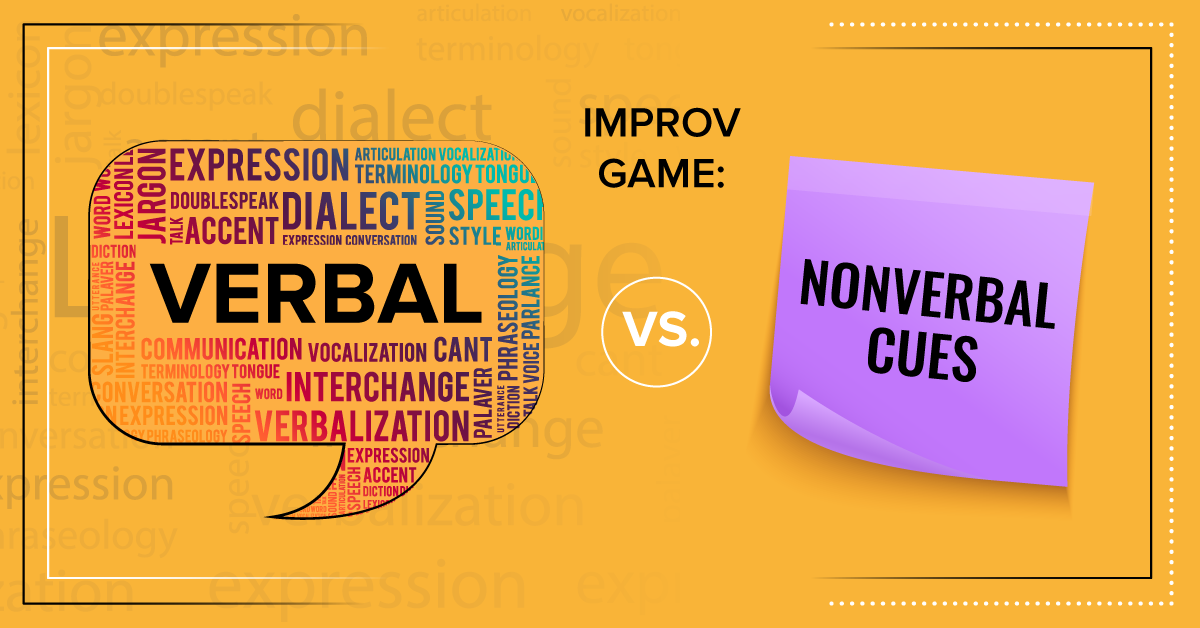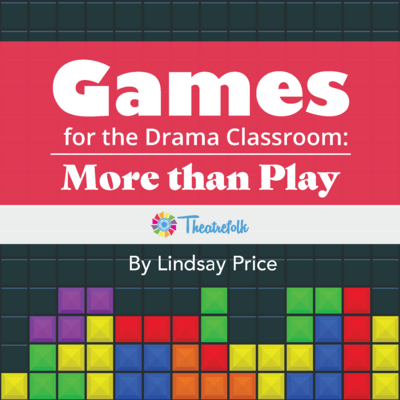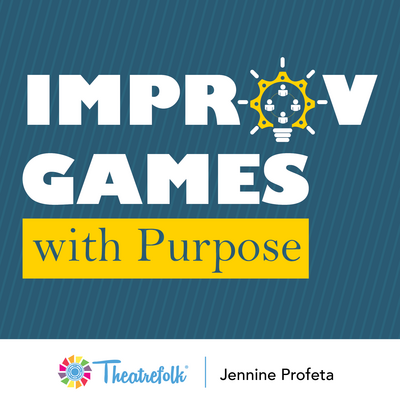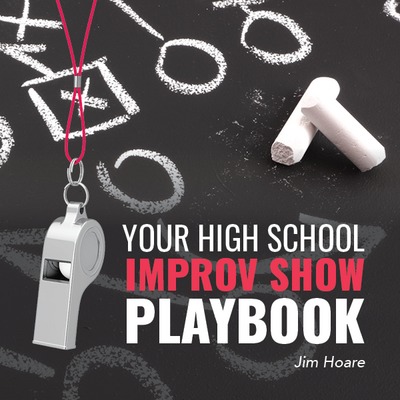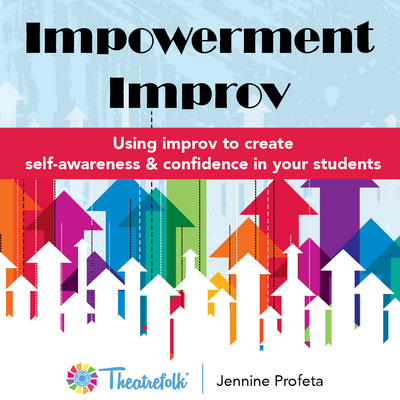Improv Game: Verbal vs. Nonverbal Cues
Have you ever had a conversation with someone and felt like something was off? It might have been because the person you were speaking to was using body language that didn’t match what they were saying. Sometimes someone’s verbal cues (what they’re saying) don’t match their nonverbal cues (what their body is doing — posture, gestures, facial expressions — also known as body language).
The following improvisation game gives students the opportunity to present and observe various verbal and nonverbal cues, and compare and contrast how they feel when the cues don’t match.
1. Have students stand in a circle.
2. Give the class a generic line, such as “I’m so mad at you,” “It’s good to see you,” “Can you help me?” or “Yes, I understand.”
3. One by one, have students go around the circle and say the line, while using appropriate body language that they think matches what they are saying. For example, if the line is “I’m so mad at you,” students might clench their fists, stomp their feet, or cross their arms to show that they are angry. (The key word is “might” — different students may have different ways of demonstrating what they think are “appropriate” nonverbal cues. You may want to discuss this with your class.)
4. Then, go around the circle a second time and have students say the same line again, but with a different nonverbal cue (gesture, facial expression, or posture) that doesn’t match what they are saying. For example, they might jump up and down while laughing, hide behind a friend, look away, cross their eyes — any sort of gesture that doesn’t “go with” what they are saying.
5. Have two students standing opposite each other in the circle meet in the middle. Give one student an opening line and have the other student improvise a one-line reply. Both students must try to present body language that does not match what they are saying.
6. Discuss:
- Was it easy or difficult to present nonverbal cues that didn’t match the words you were saying? Why?
- How did you feel when you were watching someone say a line while their nonverbal cues didn’t match? (Confused? Distrustful? Annoyed? Something else?)
- If you were playing a character whose body language didn’t match their words, what would you think of that character? What might the other characters in the scene think of them? What might the audience think?
- Do you think someone might choose to purposefully use nonverbal cues that didn’t match what they were saying? Why might they do that?
- Have you ever experienced a time in “real life” when someone’s body language didn’t match what they were saying? What happened? How did it make you feel?
- Do you ever think about the nonverbal cues that you are demonstrating to others — either consciously or unconsciously? What might your body language be saying about you?
Related Articles
Games for the Drama Classroom: More Than Play
by Lindsay Price
A collection of games and activities that go well beyond the notion of "play."
Improv Games with Purpose
by Jennine Profeta
Improv games including feedback suggestions and questions, game variations, teaching tips, side coaching tips, entry prompts, exit slip questions, and more!
Your High School Improv Show Playbook
by Jim Hoare
Have you wondered how to take improv to the next level with your students? Your High School Improv Show Playbook is the "how-to" guide for you! Empower students to present their first improv show that is fun and entertaining for all.
Impowerment Improv
by Jennine Profeta
Using improv to create self-awareness & confidence in your students
